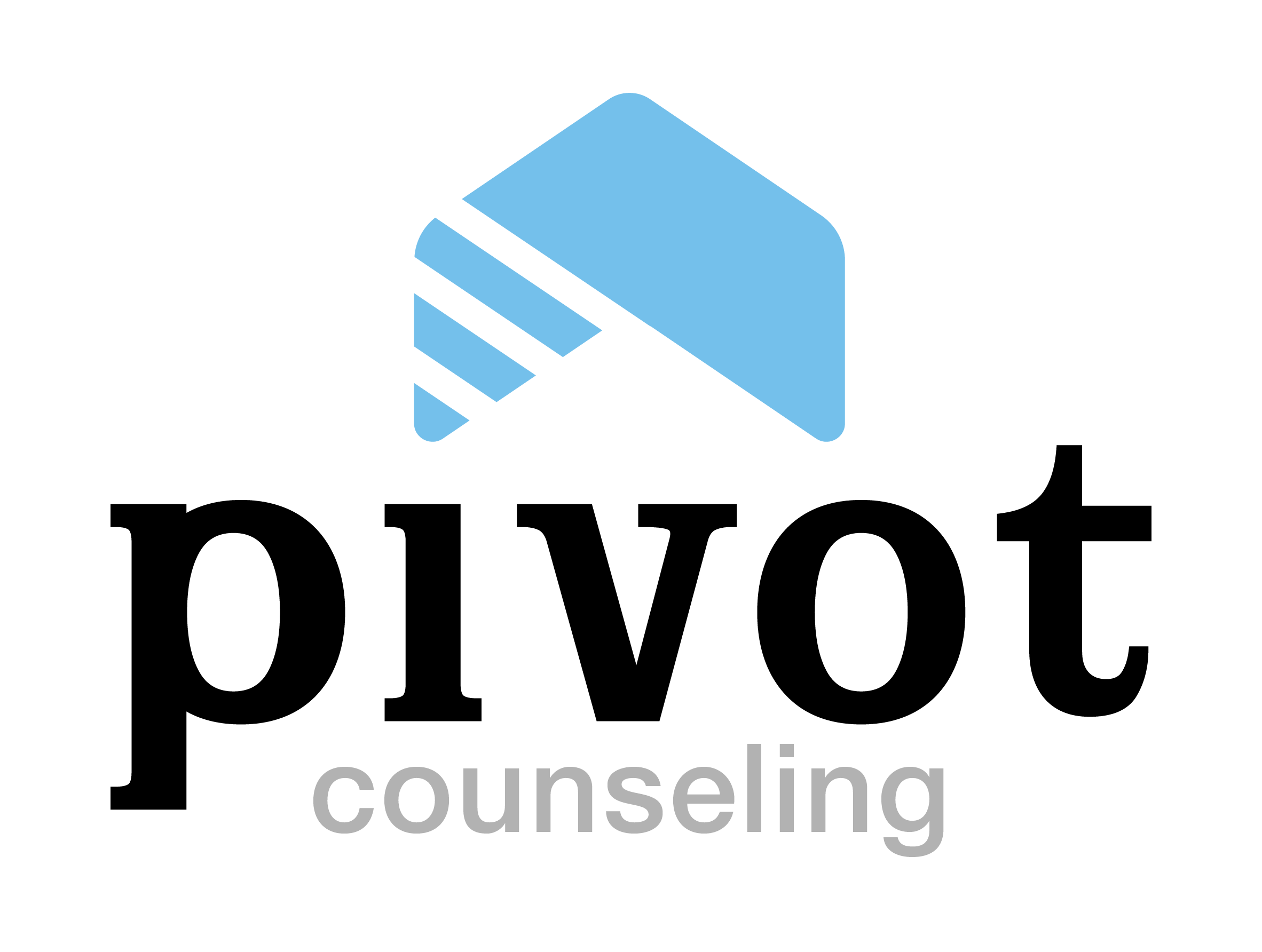Is online counseling right for me? The pros and cons of telehealth.
Just for some context, I have been doing primarily online therapy since March 2020 when the COVID shutdown began. Counselors like myself had to get creative on how to meet people’s mental and emotional needs AND keep everyone safe. This is when online counseling or Telehealth became more mainstream. Before that, most of my appointments have been in-person.
Overall, online therapy has been very effective in the vast majority of cases. Both parties are able to maintain safety and still see each other's facial expressions. If the therapy is primarily talk-focused, online does really well. Of course, there are the advantages of doing counseling almost anywhere that has decent internet coverage, so it frees up commute time and increases accessibility. You also get a more intimate look at their life outside the manicured setup of your office. Some clients have shared they actually feel more comfortable sharing within their own space.
There are also some cons to online counseling that in-person counseling seems to do better. In-person counseling certainly feels more personal and there is a certain relational energy that may not be as strong compared to online therapy. You can read their whole body language instead of whatever you can see on the screen. There is a sense of being separated from your normal life so you can safely process and work on challenges in a protected space. The best part of in-person therapy is privacy. Online therapy can run into some challenges knowing other people are in the house. Another unique barrier is if the client has some negative associations with their home, so it can be more triggering to work through challenges like trauma while being in the setting where some of those things occurred.
In terms of cases, the kinds of mental health issues that work well online include depression, anxiety, relationship challenges, and adjustment disorders. Challenges that require more hands-on interventions like EMDR for trauma or working with kids in play therapy do not work as well online though I have had success doing both interventions online.
So, is online counseling right for you? In summary, here are the factors that make online counseling a great fit:
1. If you live a busy life and cutting out the commute time and logistics to get in and out of an office would be a huge benefit.
2. If the primary way to receive emotional support and problem-solving is through talk therapy.
3. If you have a safe space, decent internet connection, and a device with a camera.
Here are a few reasons why online counseling may not be the best option:
1. Poor internet connection or lack of proper equipment (e.g., laptop or phone with camera)
2. Lack of privacy and/or safe space.
3. Young children who may need more live interaction due to their limited attention spans.
As with everything, there are pros and cons to every decision. I just wanted to emphasize that online counseling is here to stay because it works well and for the reasons stated earlier. For entries on other mental health topics like this, please visit me on my blog.



